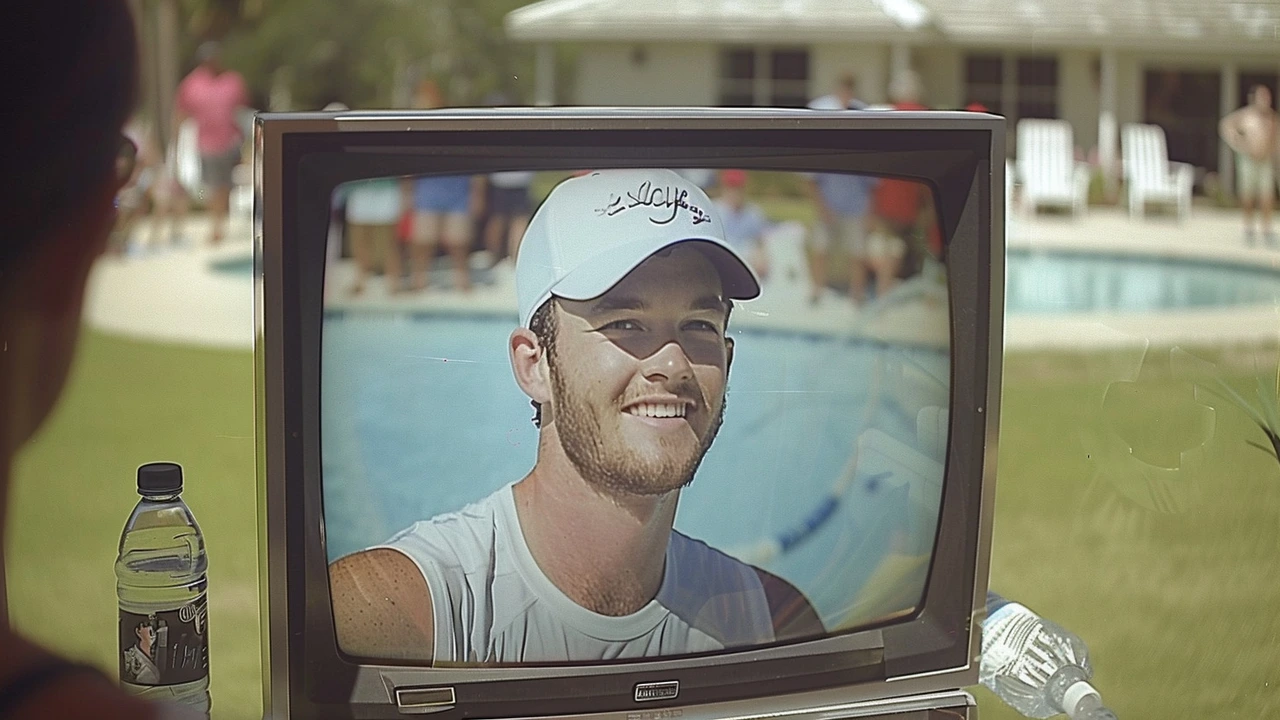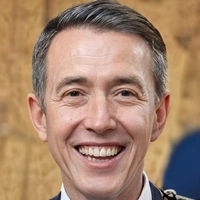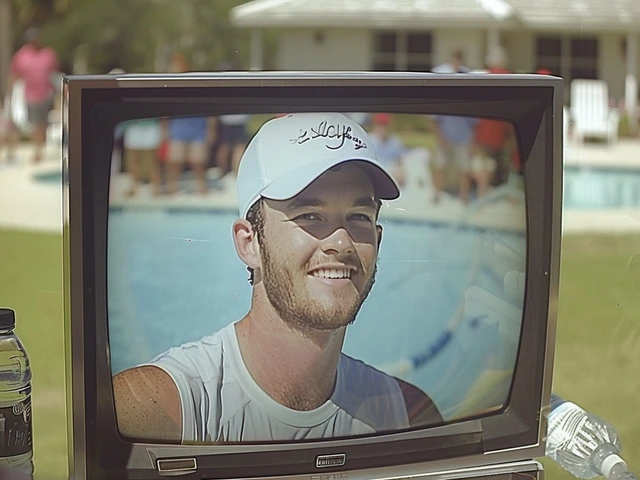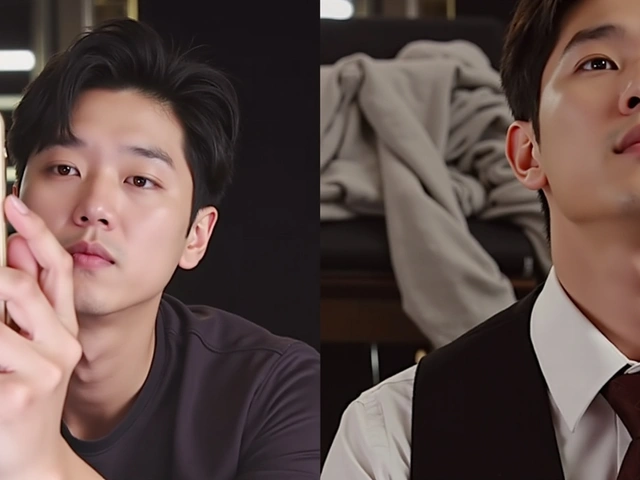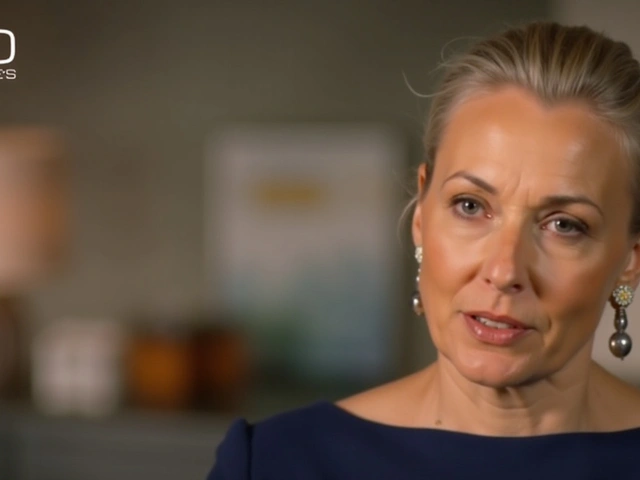Tragic Death of Pro Golfer Shines Light on Urgent Mental Health Crisis
The Tragic Death of a Promising Athlete
The world of professional sports was recently shaken by the heartbreaking news of Grayson Murray's death. Murray, a talented golfer, took his own life at the age of 30, following a prolonged struggle with alcohol dependence and depression. His passing not only shocked the sports community but also resonated deeply with anyone aware of mental health issues. It served as a stark reminder that mental illness can affect anyone, regardless of their apparent success or skill.
While Murray's death is undeniably tragic, it offers an opportunity for a larger conversation about mental health awareness and support. If anything positive can come from such a loss, it's the hope that it galvanizes action to help those grappling with similar struggles.
The Invisible Burden: Mental Illness in the Limelight
Mental illness often remains an unseen, stigmatized struggle. Murray's life might have seemed blessed in many ways—filled with talent, opportunities, and public admiration. Yet, beneath that exterior, he led a private battle against demons that ultimately claimed his life. Mental health issues cut across all demographics, sparing no one based on their achievements or outward success.
For Gordon Monson, understanding the peril of untreated mental illness is a deeply personal matter. Having lost a loved one to suicide, Monson understands the profound sorrow and unanswered questions that follow. His experience adds a poignant perspective to the conversation, reinforcing that mental illness is a pervasive issue that can strike close to home for many people.
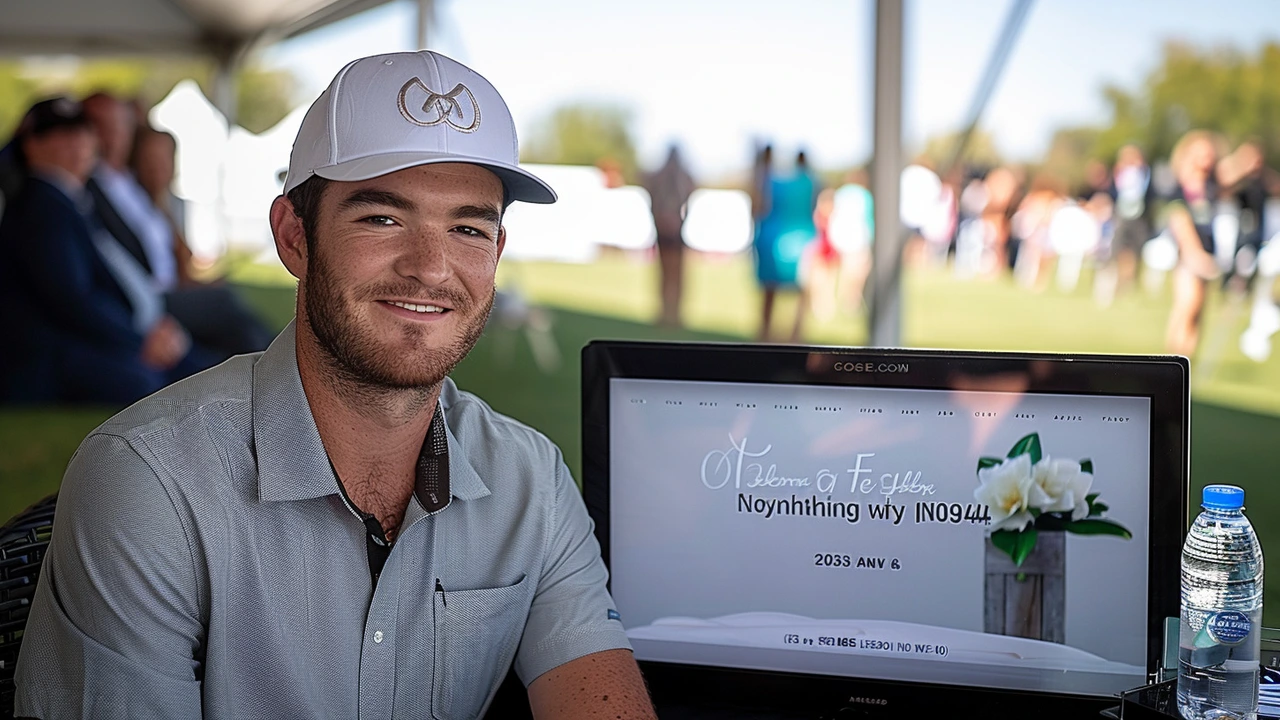
Statistics Paint a Grim Picture
Suicide is not just an individual tragedy; it is a public health crisis. In the United States, suicide ranks as a leading cause of death, impacting countless families and communities every year. Alarmingly, the state of Utah has particularly high suicide rates, especially among certain age groups.
The American Foundation for Suicide Prevention has released troubling statistics indicating that many communities in the U.S. are severely under-resourced when it comes to mental health care. Insufficient numbers of mental health providers mean that many who need help simply don't have access to it—or when they do, it's too late. Such gaps in the mental health system underscore the urgent need for more funding, services, and professionals.
Calling for Change: A Collective Responsibility
Monson passionately argues for a multi-faceted approach to tackling the issue. He stresses the need for more mental health professionals and better funding to ensure widespread access to care. Increased awareness initiatives can also play a crucial role in breaking down the stigma that often prevents individuals from seeking help. The conversation around mental health needs to be as open and persistent as the problems it aims to solve.
Timely interventions can make all the difference, and those struggling should be encouraged to reach out for support. Monson emphasizes the importance of resources like the 988 Suicide and Crisis Lifeline, urging anyone in crisis to use these services without hesitation.
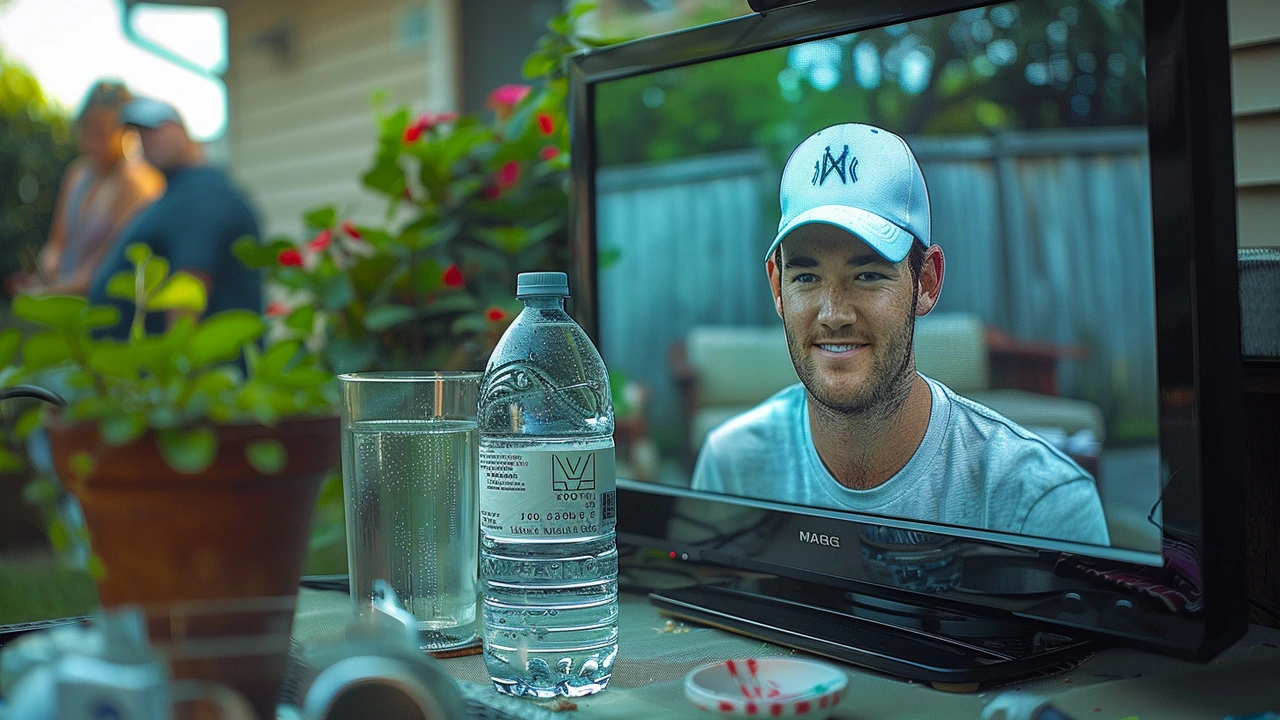
A Final Word: Our Shared Humanity
Grayson Murray's death is a profound loss that extends beyond the golfing world. His story serves as both a cautionary tale and a compelling call to action. It reminds us that even those who seem to have it all can be silently suffering. Society must rally to provide a safety net of care and compassion, moving toward a future where mental health support is readily available to all.
By recognizing the urgency of this issue and mobilizing resources to address it, we honor the memory of those like Murray whose lives ended far too soon. It is a collective duty to ensure that no one, regardless of their background or circumstance, is left to face mental illness alone. The time to act is now, before another promising life flickers out.
